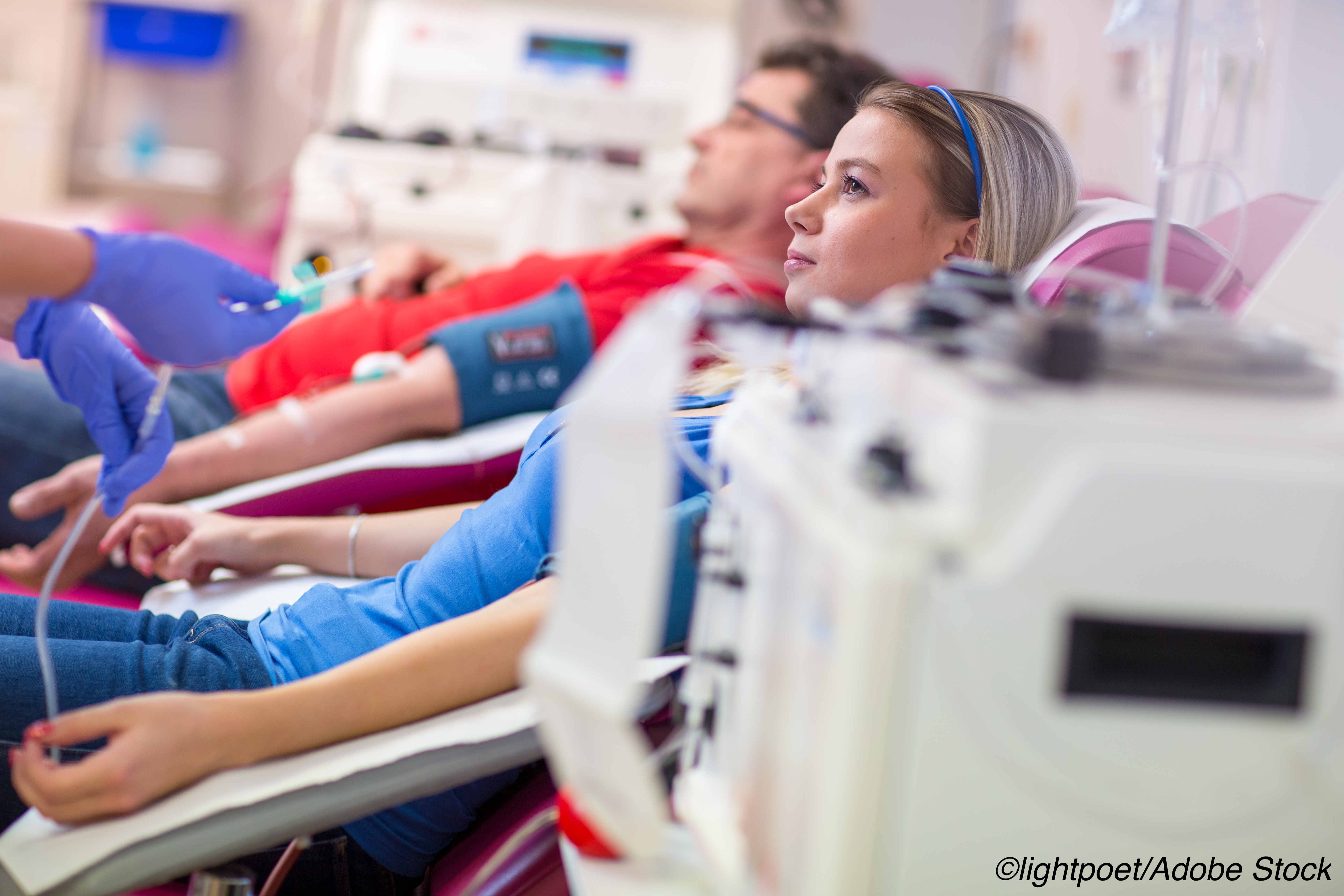Recent developments highlight the start-stop treatment and testing landscape for Covid-19.
Convalescent Blood Plasma Halted
 As the FDA was poised to issue an emergency use authorization (EUA) for the use of recovered Covid-19 patients’ blood plasma in the treatment of the virus, infectious disease experts, including Anthony S. Fauci, MD, director of the National Institute of Allergy and Infectious Diseases (NIAID), H. Clifford Lane, Clinical Director of NIAID, and Francis S. Collins, MD, director of the National Institutes of Health, warned the agency that data on its efficacy are lacking.
As the FDA was poised to issue an emergency use authorization (EUA) for the use of recovered Covid-19 patients’ blood plasma in the treatment of the virus, infectious disease experts, including Anthony S. Fauci, MD, director of the National Institute of Allergy and Infectious Diseases (NIAID), H. Clifford Lane, Clinical Director of NIAID, and Francis S. Collins, MD, director of the National Institutes of Health, warned the agency that data on its efficacy are lacking.
Their recommendations were based on a trial from the Mayo Clinic, which is not yet peer reviewed, that showed efficacy of using convalescent plasma. In their cohort study of 35,000 hospitalized Covid-19 patients treated with plasma, researchers found lower 7-day and 30-day mortality, particularly in plasma with higher antibody levels. The researchers also noted in their study that the reduction in 7-day and 30-day mortality was seen in patients infused within 3 days of diagnosis compared with 4 or more days. Nonetheless, Fauci, Collins, and Lane said they did not find the data compelling enough to warrant an EUA.
The halt in granting the EUA garnered an angry response from President Trump, who called the move politically motivated. “You have a lot of people over there who don’t want to rush things because they want to do it after November 3,” he said, referring to Election Day, as he proclaimed without evidence that convalescent plasma helped “’way over 50 percent’ of Covid-19 patients infused with it,” The New York Times quoted the President as saying.
Labs Can Develop Covid-19 Tests Without Prior FDA Review
While tests for Covid-19 developed by device makers need to be sanctioned by the FDA, those developed in labs can now move forward with their own tests. According to Politico, the department of Health and Human Services has determined that “the FDA does not have the authority to regulate lab-developed tests for any condition, including Covid-19.”
In its rescission notice, HHS wrote: “Those seeking approval or clearance of, or an emergency use authorization (“EUA”) for an LDT may nonetheless voluntarily submit a premarket approval application, premarket notification or an EUA request, respectively, but are not required to do so, and FDA will adjudicate those submissions. Those opting to use LDTs in their laboratories without FDA premarket review or authorization may do so with the understanding that they would not be eligible for PREP Act coverage absent approval, clearance or authorization and would remain subject to regulation by the Centers for Medicare & Medicaid Services under the Clinical Laboratory Improvement Amendments of 1988.”
Is Oleandrin the Next New Treatment for Covid-19?
Oleandrin, which is an extract from the Nerium oleander, a chemical similar to digoxin, has been shown, according to Memorial Sloan Kettering Cancer Center, to have some anti-cancer activity, but human trials of the extract are lacking. The center’s compendium of herbs and botanicals notes that there is no scientific evidence for its use in the treatment of Covid-19.
But oleandrin made the headlines recently after Mike Lindell, CEO of MyPillow, Inc., touted it as a potential treatment for Covid-19. Lindell also sits on the board of Phoenix Biotechnology, Inc., which is studying PBI-05204, a Nerium oleander extract. The company noted that its capsule formulation is safe and has been approved by the FDA in phase I and II trials and is being studied as an antiviral, a cancer drug, and for neurological disease.
Phoenix Biotechnology noted in its report, “An All-American Natural Compound to Contend with the Covid-19 Pandemic,” that laboratory experiments show that the drug achieved a dramatic 20,000-fold reduction in viral infectivity within 24 hours.
Lindell reportedly pitched oleandrin to President Trump as a “miracle of all time,” and the President is “looking into it.”
But while the plant extract is being studied, it has yet to show efficacy in human trials. In fact, the U.S. Army Institute of Infectious Diseases studied oleandrin in the context of Covid-19 and all tests were inconclusive as to its efficacy, prompting the U.S. Army to halt its research.
Meanwhile, experts are warning consumers to not take oleandrin, citing its toxicity.
Candace Hoffmann, Managing Editor, BreakingMED™
Cat ID: 190
Topic ID: 79,190,190,926,192,927,151,928,925,934

